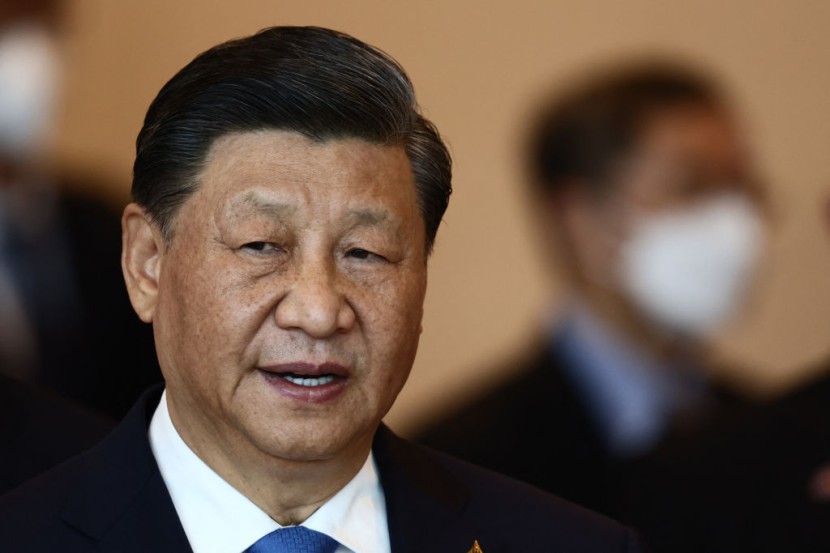
Chinese leader Xi Jinping pledged to construct more railways and other trade connections with Central Asia and proposed jointly developing oil and gas sources during a meeting with regional leaders on Friday that highlighted Beijing's expanding influence.
The two-day China-Central Asia summit took place in the western city of Xi'an as President Joe Biden and other leaders of the Group of Seven met in Japan. It reflected Beijing's efforts to construct trade and security networks centered on China, which resents the dominance of the United States in international affairs.
China Seeks to Cement Ties with Central Asia
China is making economic inroads into Central Asia, including by constructing railways and other trade-related infrastructure as part of its Belt and Road Initiative. This has diminished Russia's influence over former Soviet republics that view the world's second-largest economy as a significant market and investment destination.
In a speech to Kazakhstan, Kyrgyzstan, Tajikistan, Turkmenistan, and Uzbekistan leaders, Xi stated, "We need to expand economic and trade ties."
China accuses the West of aiding opposition to the governing Communist Party in the western region of Xinjiang, which is home to ethnic minority groups that are primarily Muslim and have ties to Central Asia. At a press conference with his Central Asian counterparts, Xi stated, "This summit has added new impetus to the development and revitalization of the six countries and infused powerful positive energy into regional peace and stability."
China has positioned itself at the vanguard of the race for political influence and energy assets in the resource-rich region. Russia is preoccupied with its conflict in Ukraine, and the United States' presence in the region diminished by the withdrawal of troops from Afghanistan.
With a network of trade corridors, the five former Soviet republics offer China alternative routes for transporting petroleum, food, and other commodities in the event of disruptions elsewhere.
The pledges of support and cooperation at the two-day summit will contrast with the "negative" image of China that will be invoked at a Group of Seven summit in Japan. China's assistance to Central Asia appears to be a response to US accusations of coercive diplomacy, according to Reuters.
Xi stated that China and Central Asian nations should deepen their trust and provide "explicit and firm support" for fundamental interests such as sovereignty, independence, national dignity, and sustainable development.
Xi stated that China would also enhance bilateral investment agreements and increase the volume of cross-border freight with the region. He added that it would encourage Chinese-funded businesses in Central Asia to create more employment, construct warehouses, and initiate a tourism-promoting train service.
Russian Influence Weakens in Central Asia
Per Yahoo, the simultaneous meetings represented a world that is becoming increasingly multipolar as China attempts to challenge the US-led system. While Russia and China are united in their mission to oppose the United States, Xi's decision to bring together five former Soviet states without Vladimir Putin demonstrates Beijing's ascendancy in their "no limits" relationship.
Since Russia's invasion of Ukraine began, the Kremlin has come to rely on China for both economic protection against Western sanctions and much-needed diplomatic support. Next week, Russian Prime Minister Mikhail Mishustin will lead a delegation to a Shanghai business forum to which sanctioned tycoons have also been invited, demonstrating how China can shield Moscow from Western economic sanctions.
Russia's invasion of Ukraine in February of 2014 intensified a struggle for influence in the resource-rich Central Asian states, which were already reorienting their economies toward China.
While China's strict restrictions on cross-border capital transfers remain a major impediment to efforts to elevate the yuan's global status, US sanctions against Russia and other nations are assisting in promoting the yuan as an alternative for international transactions.
Related Article : China Warns Embassies Over 'Propaganda' Displays as Ukrainian, LGBTQ+ Flags Raised Among Buildings








